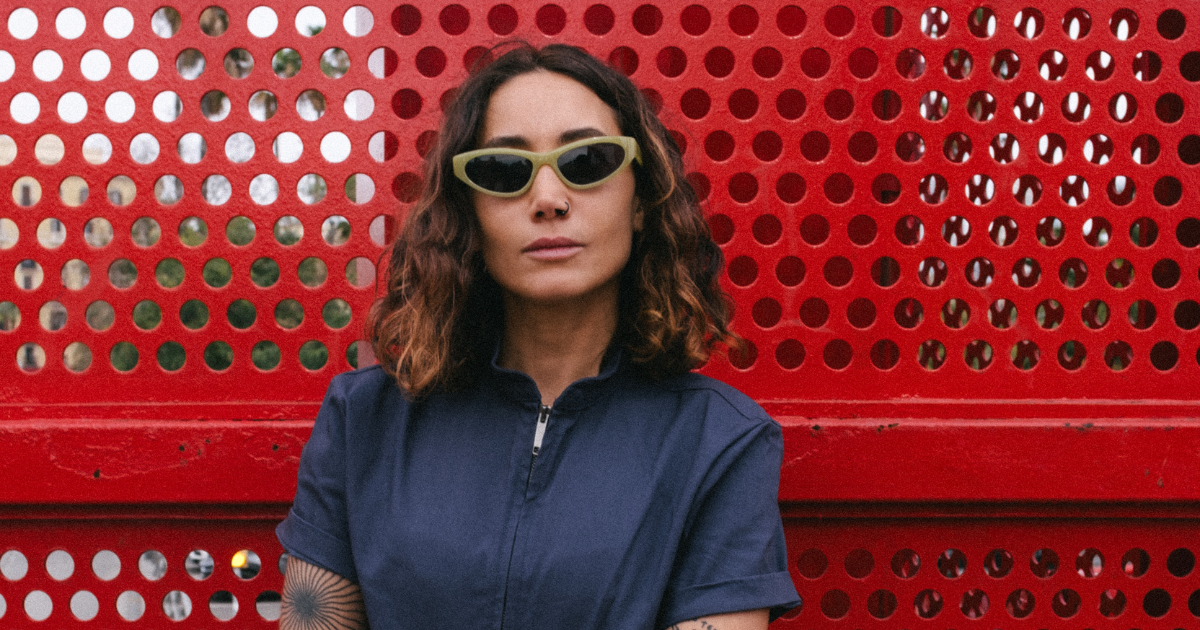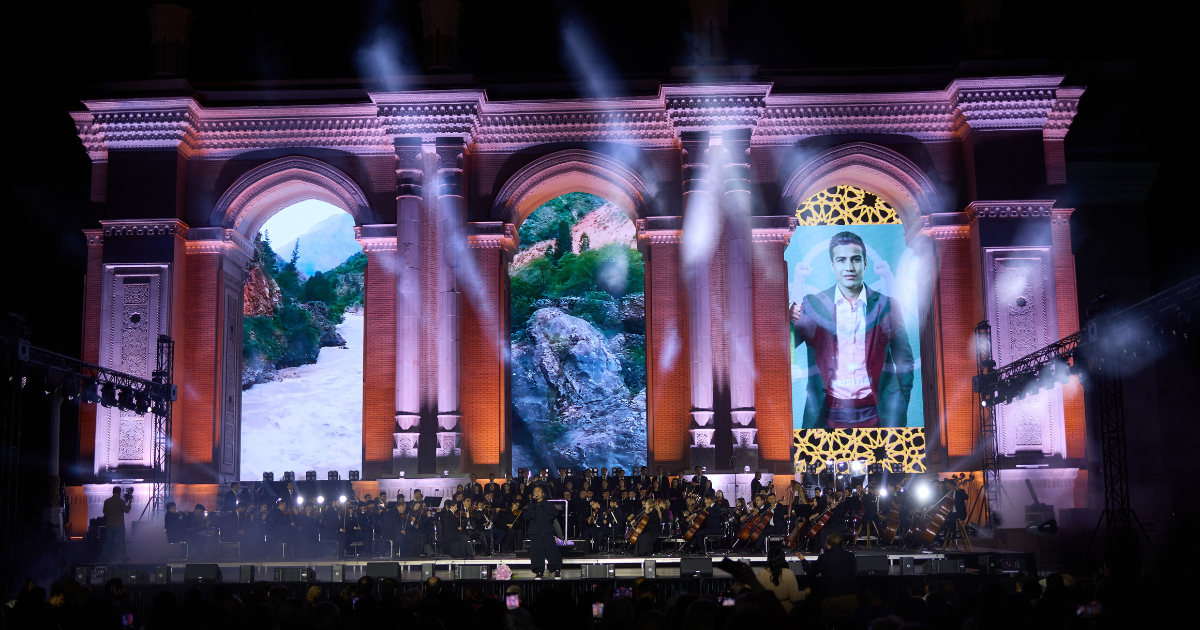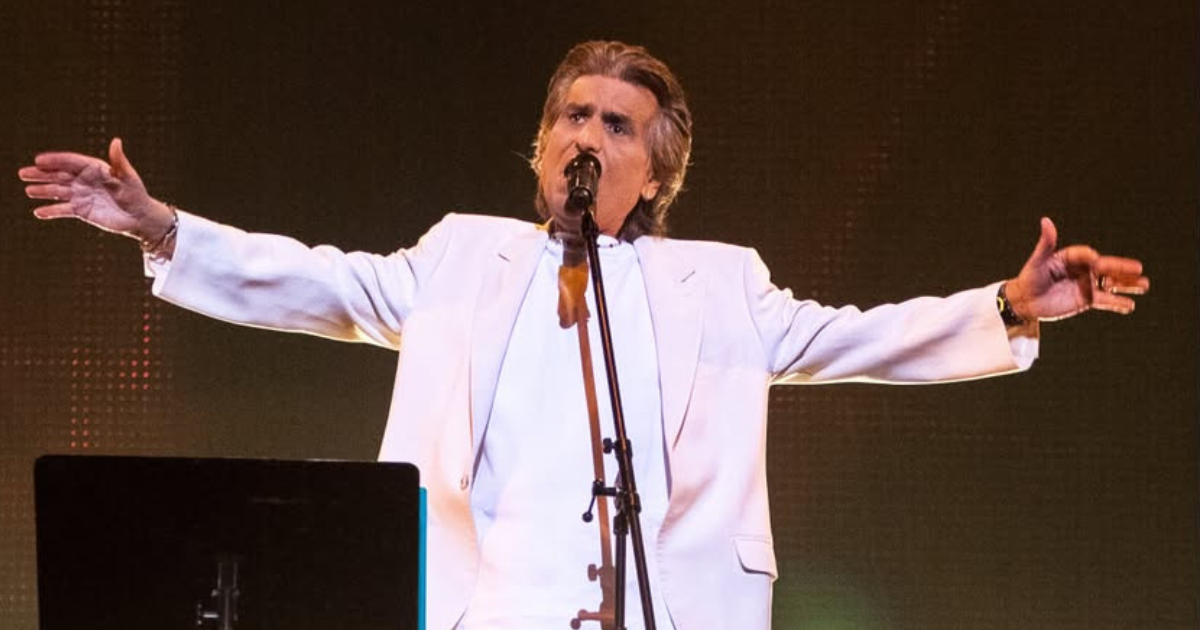ELIF
Redefining electronic music with authentic artistry and origin

Born in Istanbul and now based in Barcelona, ELIF is a producer and DJ known for her versatility and captivating artistry. Her hypnotic performances and innovative sound have made her a standout figure in electronic music.
As the founder of the record label Marginalia, ELIF supports emerging talents while continually refining her craft. With millions of streams on hits like Bamboo Forest, Let Go, and Moonspell, she has built a loyal global fanbase. ELIF kindly agreed to give an exclusive interview about her career to ELLE O’zbekiston.

What or who inspired you to become a DJ?
I have always been drawn to many different genres of music, and in a way, music has shaped my life and choices. It has been the central figure in my life but never my full-time focus.
When I studied architecture, I designed nightclubs; when I ran a travel blog, my destinations were based on festivals or concerts.
I dabbled in the music scene in various roles – independent music journalist, indie rock band manager – but never as an artist. I always saw that as unattainable. Though I have always been creative, I didn’t see myself as an artist or musician.

The shift happened around the age 30. I tweeted about wanting to make house mixes of indie rock songs, and a DJ & Production school reached out, offering to teach me in exchange for writing about them. That’s when everything changed.
By 2016, I was attending countless clubs and festivals. With the DJ course under my belt and a strong network in Istanbul, I began making mixes at home. Over time, I got opportunities to open for big names that I admired and play at major clubs. The rest is history.

At the time, I felt unfulfilled writing about music, so I followed my passion. It was a leap of faith, and it paid off! I believe we are all artists by nature. Creating is part of being human, but calling yourself an artist and sharing your work with the world takes courage – it is the ultimate vulnerability.
Today, I’m proud to embrace the title of ‘artist’ and deeply grateful for the connections I’ve made through the music I play.
How long have you been practicing it? Has your style changed since you started your career?
I started learning to mix in 2016, launched my DJ project ELIF in 2018, and released my first music in 2019. My big break came during and after the pandemic.
My style is constantly evolving. I can’t play the same thing all the time – I need to find music that excites me, and that’s always changing.

Tell about gender stereotypes that you faced in your country being a DJ
In my country, simply being yourself comes with gender stereotypes. That said, gender stereotypes as a female DJ aren’t exclusive to Turkey.
Early in my career, I had a boyfriend with whom I did back-to-back sets. He eventually encouraged me to play solo because people might assume he was doing all the work and I was just ‘there’ as a woman.
I have also been told to smile more or play softer because of my gender. Once, at a venue where I was playing, a cable was missing. When I asked the owner to send a technician, he sent another male DJ instead, assuming I wouldn’t understand the issue as a woman. It was a simple matter of needing the right cable!
When traveling with a male colleague, people almost always assume he is the DJ, and I’m just a guest. There’s also almost always a man in the crowd watching to make sure the cables are connected properly, as if to ‘validate’ my skills.
What are the struggles you have faced during your career?
One challenge is how the scene has become less inclusive, with a focus on ‘Instagrammable moments’ and big productions over music.
I thrive on intimate shows where I can connect with the crowd. Being far from the audience – unable to make eye contact – leaves me feeling drained.
Another big challenge is the disruption to my sleep schedule and constantly being in airports, which happens almost every weekend.
Tell me about the style of music that you play.
I adapt my style to the setting. In a late-night club, I lean toward intricate rhythms, good basslines, and darker melodies. For an open-air daytime setting, I opt for happier, more uplifting music.

Tell me about your first performance.
One of my first solo performances was at a festival in Istanbul. I opened a small stage at noon with only the sound technicians present. I was so inexperienced that I left the high-pass filter on and wondered why there was no bass.
Tell me about the best performance that you have had.
It’s hard to pick one, but many moments stand out – some firsts, some bucket-list gigs.
Tomorrowland was particularly special because of all the Turkish flags in the crowd. German festivals like Fusion, Garbicz, and Bucht Der Traeumer are also favorites for their focus on dancing and music over photos.

The Wonderfruit Festival in Thailand had an incredible 360-degree surround sound stage, which was an unforgettable experience.
Coachella was a dream come true. Despite having an early desert set, I was surprised by the turnout.
Another highlight was the Stihia Festival in Uzbekistan. The crowd’s passion and appreciation were unmatched compared to more saturated Western audiences.
Does Turkish culture and music influence your work?
Not really. If anything, it pushes me to steer away from traditional Turkish sounds and instruments. These often remind me of funerals or weddings, which I feel don’t belong in a club setting.

What would you recommend to women of Uzbekistan who want to start a DJ career?
Think carefully – it’s a competitive industry. Playing good music is not enough anymore.
You’ll need a strong team with diverse skill sets who believe in you, as no longer a one-woman job.
From an artistic perspective, immerse yourself in the scene: attend parties, meet people, collect music, get a basic controller, and practice endlessly.

photos courtesy of ELIF


